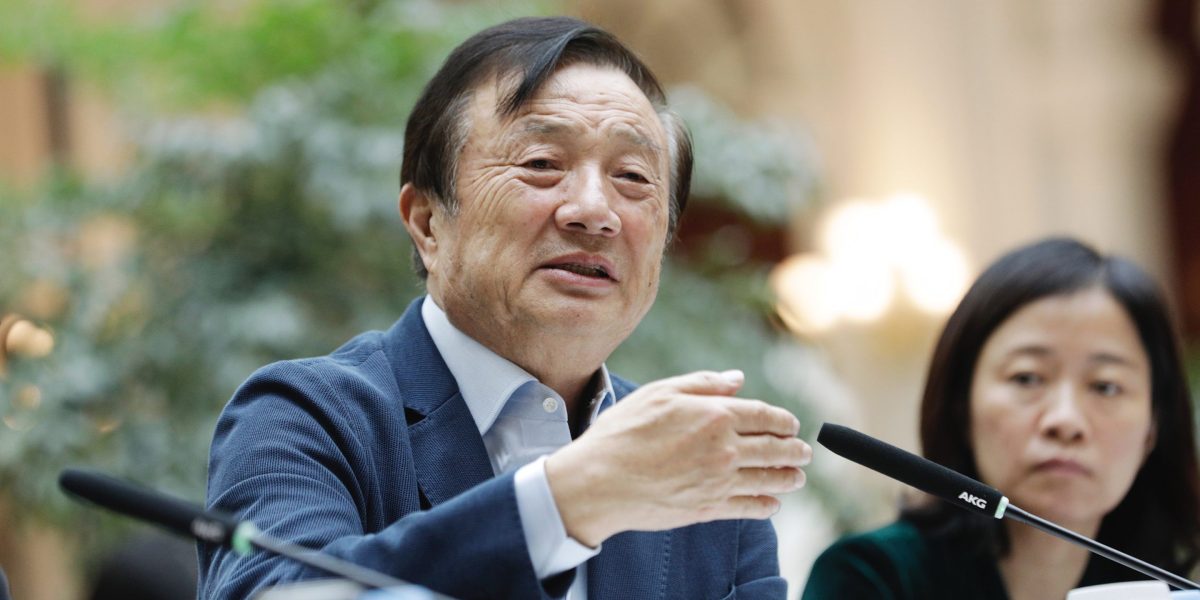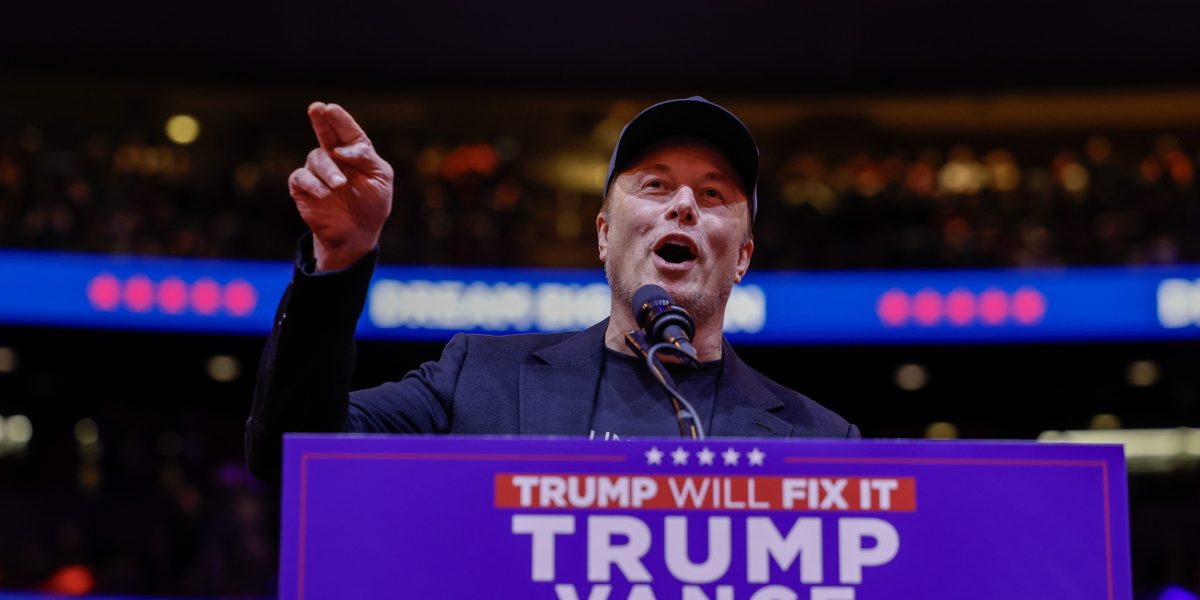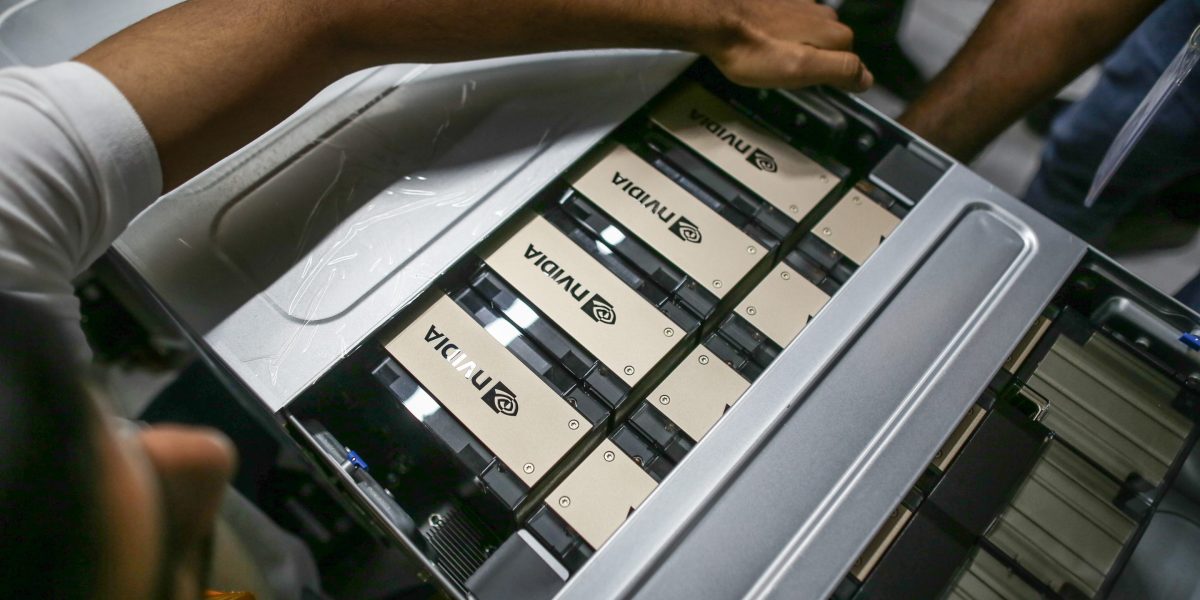
Huawei, the Chinese tech giant, is having an unlikely comeback story. Starting with a new premium smartphone in August 2023, the U.S.-sanctioned company has released new phones, laptops, AI chips, and EVs, putting it on the forefront of China’s drive for tech self-sufficiency. Huawei generated almost $100 billion in sales in 2023.
But Huawei founder Ren Zhengfei isn’t still quite sure his company is past its troubles.
“Even now, we can’t say we’ve secured survival,” Ren said on Oct. 14 to winners of the International Collegiate Programming Contest (ICPC), a global programming contest that dates to 1970. The ICPC published the transcript of Ren’s remarks on Thursday.
Unlike Huawei, “99% of Chinese companies can collaborate with the U.S.,” Ren said. “They haven’t faced sanctions, their computing power is higher than ours, and they have access to superior technology.”
“Don’t look at us today and think we have great dreams,” he said. “No, we are still struggling.”
The Huawei founder also praised the U.S. and its strength in science and technology, which he credited to an open culture that can attract global talent. He warned countries risk falling behind if they close themselves off.
The Trump administration placed Huawei on a U.S. trade blacklist in 2019, then barred the Chinese tech company from getting semiconductors made using U.S. technology or software a year later. These sanctions stymied Huawei’s telecommunications and consumer electronics business, forcing it to suspend products and spin off parts of the company to stay alive.
But years later, Huawei has returned to the consumer electronics sector with new premium smartphones and laptops. It’s also developing new AI chips and electric car components, both strategic sectors for Beijing.
Huawei is also developing its own software, after it was cut off from Apple’s and Google’s app stores. The firm developed HarmonyOS, its own mobile operating system, and recently launched HarmonyOS NEXT that marks Huawei’s separation from the Android ecosystem.
It’s still not entirely clear how Huawei is getting the advanced tools and processors needed for its new premium products. Analysts have previously suggested that Huawei and its partners have found ways to use older machinery to make more powerful chips, but that these methods were unlikely to have the same yields as techniques used elsewhere.
More recently, a report from TechInsights claimed that Huawei’s AI chip contained a processor made by Taiwan Semiconductor Manufacturing Company (TSMC). The Taiwanese chipmaker stopped shipments to Huawei in 2020.
Last week, TSMC said it had cut off clients that it claimed were secretly funnelling the chips to Huawei.
In his October remarks, Huawei’s founder admitted that U.S. technologies and tools are “very good,” and that his unsanctioned competitors still had access to them. He noted that sanctions had forced Huawei to develop its own tools, which has been working out for the tech firm so far.
Huawei appears set for another bumper year of sales. The company has generated $82.2 billion in revenue for the first nine months of the year, according to a Huawei filing to the Shanghai Clearing House published on Thursday. But the company’s profit over the same period took a hit, dropping almost 14% to hit $8.8 billion.



